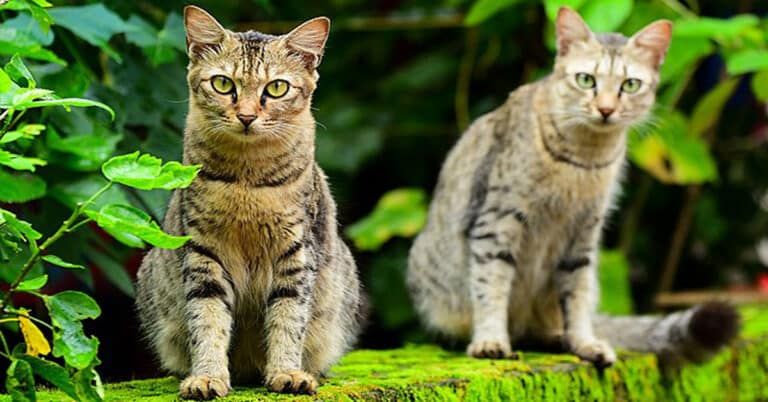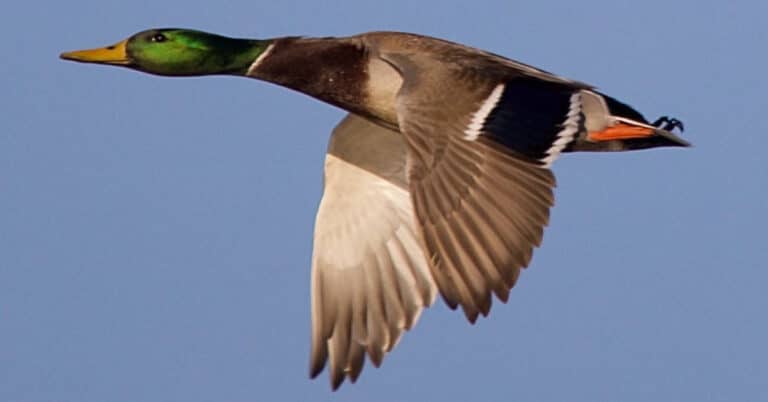5 of Colombia’s Most Dangerous Creatures
Most people associate Colombia with coffee, tropical fruits, modern cities, and diverse culture. However, if you plan to visit this country, it’s better to be aware of its wildlife as well and get yourself prepared to meet some of the dangerous animals that call Colombia home.
Yes, the natural beauty of Colombia is breathtaking but the ecosystem of the country is full of some of the world’s most venomous and aggressive creatures. In this article, we’ll introduce 5 of those dangerous animals that you might encounter in Colombia.
1. Fer-de-lance Snake

If we were to reveal one animal that is the most dangerous out of all Colombian wildlife, the Fer-de-Lance snake would definitely be the first one on the list. The reason is that this snake has a highly venomous bite and is pretty aggressive by nature. As a result, encountering this animal in the woods of Columbia might be fatal.
Interestingly, fer-de-lance snakes, or “terciopelos,” as they are also known, can inject as much as 105 milligrams of venom in a single bite, which can immediately cause tissue damage. Luckily, these snakes are only found in forests and rural areas and therefore, if you visit popular destinations like Medellin, chances are that you won’t encounter deadly creatures like this one.
2. Jaguar

Another common dangerous animal that you might encounter in the woods of Colombia is the jaguar. Locals often call this predator names, such as butterfly tiger or oto-rongo. Not only in Colombia, but the jaguar in general is the third-largest big cat in the world. But don’t be afraid, because it’s unlikely that you meet jaguars in the middle of the streets of cities in Colombia. Instead, these animals reside in dense rainforests and remote regions of the country.
3. Golden Poison Frog

The size of the Golden Poison Frog often deceives people. But don’t even think that it’s a regular frog — it’s one of the deadliest creatures on the planet! Believe it or not, this tiny frog, which is very common in the rainforests of Colombia, is 20 times more toxic compared to other dart frogs.
Not only the poison, but the touch of this creature on your skin is no less dangerous. In fact, only by touching you, it can cause serious swelling and, in severe cases, even muscular paralysis. That’s exactly why the indigenous tribes of Colombia used to use the Golden Poison Frog’s secretion to coat their blow darts for hunting.
4. Bullet Ant

Although the bullet ant is even tinier than the Golden Poison Frog, we couldn’t exclude it from this list since it’s indeed one of the most dangerous animals in Colombia. As a matter of fact, people say that its sting is so painful that it almost feels like being shot by a gun. That’s exactly why this insect is known as a bullet ant.
Luckily, the venom of the bullet ant isn’t deadly. Still, the pain is so severe that it can paralyze you for hours. As a result, this ant is used in some indigenous rituals as a test of endurance.
5. Banana Spider

And the final dangerous creature on our list has the least threatening name. But perhaps not surprisingly, it certainly doesn’t have the least dangerous bite. The nickname Banana Spider comes from the yellow coloration of the insect. Other than this, it’s also known as the Brazilian wandering spider, which is related to the fact that they wander in the forest at night to hunt their prey instead of building webs.
Final Thoughts
After getting to know 5 of the most common dangerous animals of Columbia, you should know that these are just a few of the numerous poisonous and potentially deadly creatures that reside in the woods and not only in the woods of Colombia. In general, encountering any of those deadly animals is pretty unlikely but still, it’s never a bad idea to stay informed and be cautious.







